There are easy ways to rest your body and your mind. You probably don’t need anybody to tell you that rest and relaxation are vital but have you ever given any consideration to how you may relax more effectively and efficiently?
It may seem like a strange question, considering that the rest may seem deceptively simple, but bear with me as I explain why it is so. There are a variety of obstacles that might stand in the way of pleasant, restorative leisure, and the fact is that many of us aren’t very adept at relaxing in practice.
However, it is a talent that should be developed further since, for the sake of our mental health, we all require methods of recovering from the various stresses of modern life. Don’t be concerned if you don’t know how to include relaxation in your daily routine.
Relaxing is easier said than done for many people, but we’ve compiled a list of recommendations to help you make your downtime seem more like actual rest.
Schedule rest time and make it count, may it be a short walk or throwing a tennis ball around, find your great way to relax. Continue reading for some helpful ideas on how to unwind.
Why relaxing is so important?
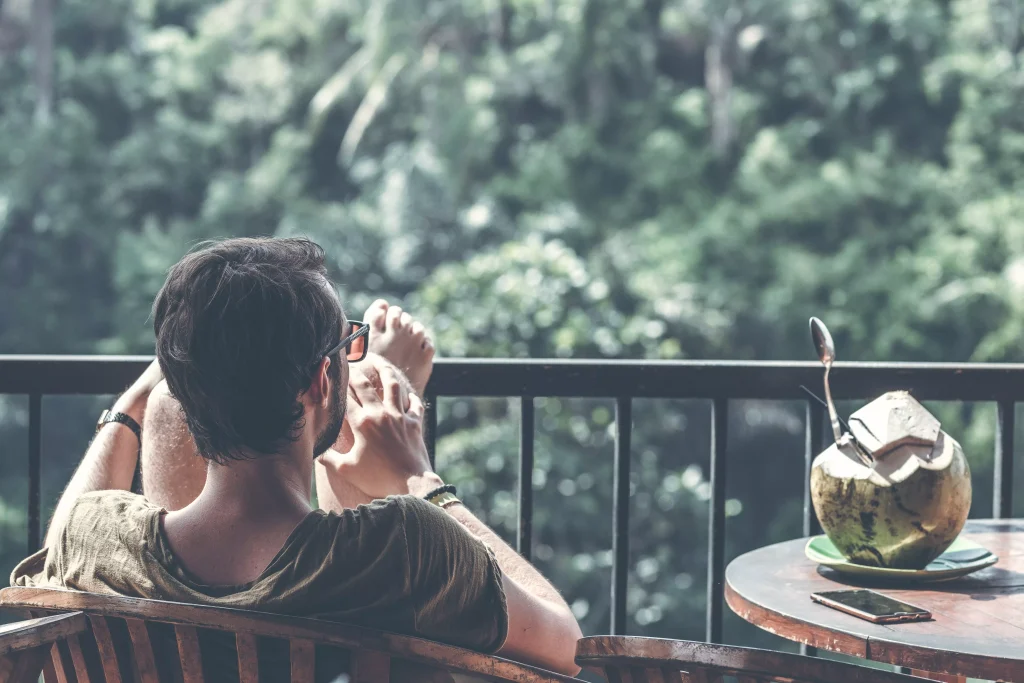
Is your body temp rising after a heated argument? Maybe you got a phone call with not-so-good news, or you argue with your boss? Stress and a lack of physical activity can lead to health problems. There’s no denying that today’s contemporary way of life may be difficult at times.
Making time for oneself may be difficult when you have a demanding job, a family, and social commitments. However, it is essential to make the necessary time.
It is possible to relax in order to maintain good health in both the body and the mind, as well as to recuperate from the daily stressors that life brings your way.
Fortunately, no matter how hectic your schedule is, it is easy to learn how to carve out time for yourself and also how to rest properly. Start preparing your green tea with a little honey and continue reading.
What actually relaxes you?
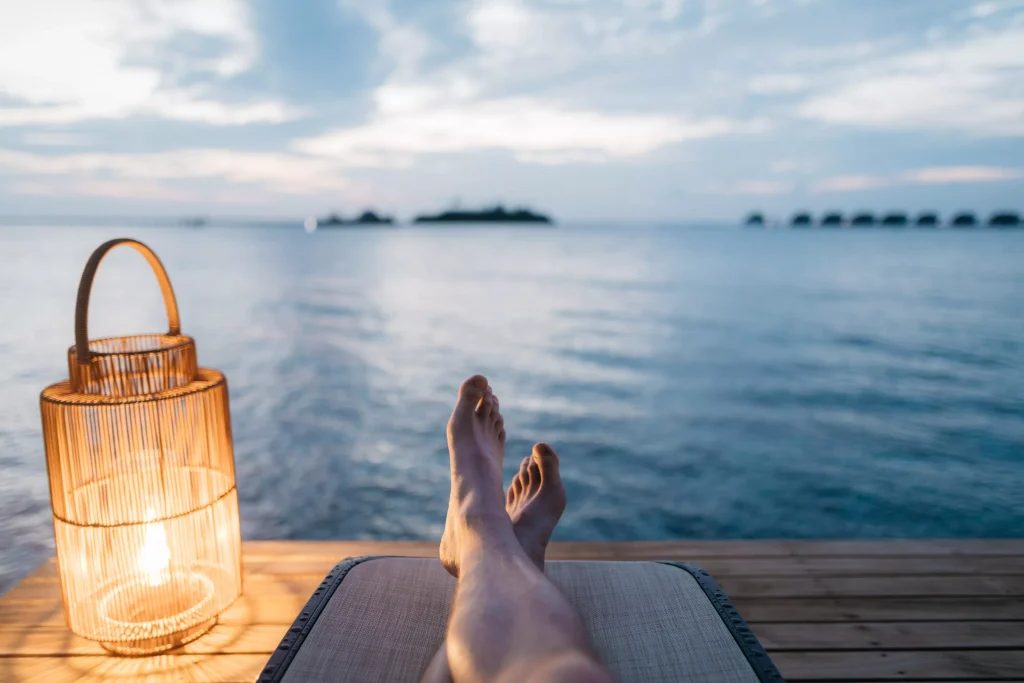
Most people will say my safe place. The recent years have been hard for everybody. It may seem apparent, yet numerous individuals are not very discriminating or imaginative in how they spend their spare time. People often believe they are resting, when in fact they are not.
For example, you could consider browsing through Twitter for a couple of hours to be a kind of leisure on occasion. Some individuals may find this relaxing, but for many others, it is a source of more stress than anything else.
Alternatively, you can push yourself to do activities that you’ve heard are meant to be calming (such as meditating, sleeping, or having a bubble bath), despite the fact that you find them to be very dull or unproductive.
Relaxation is not a one-size-fits-all proposition. Perhaps the most important step in understanding what rest means to you is to reframe your first conception of the concept of rest. Relaxation is not a single activity; rather, it is the result of any activity.
And the things that you choose to engage in for leisure will be entirely up to you. Investigate your interests, different sorts of physical exercise, different ways of interacting, different self-care techniques, and more!
After that, pay attention. ‘How do I feel after I’ve done this?’ you should ask yourself. Do I have a sense of being rooted? Do I have a sense of security? ‘Do I have a sense of security?’ If that’s the case, it’s possible that something like that may be added to your list of things to do to get away from the world.
What are relaxation techniques?
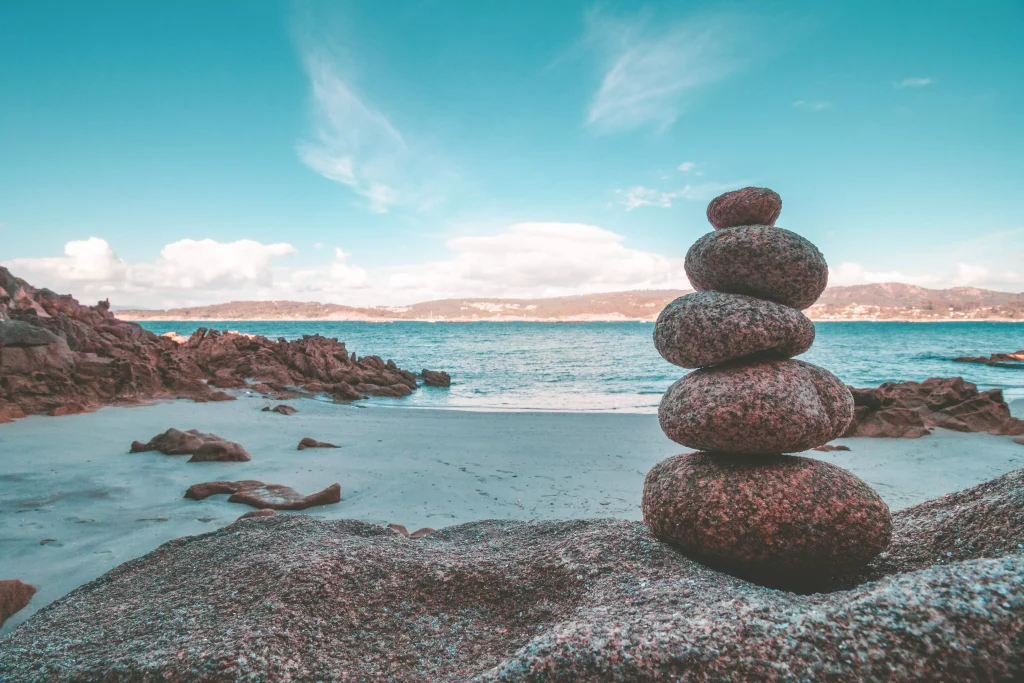
From washing your hands and face with cold water for less anxiety to meditation, there are so many relaxation techniques. In response to a stressful scenario, or one that we perceive to be stressful, our bodies produce hormones that cause our hearts to race, our breathing to speed, and our muscles to twitch in response.
These are typical physiological responses known as the “fight or flight” response, which developed to allow our ancestors to remain vigilant in the face of dangers such as violent grizzly bears or unfriendly, club-wielding cave dwellers who threatened their neighbors.
Because of the many pressures we face today, this spike in hormones may have negative consequences for our physical and mental health, increasing our chance of developing diseases such as heart disease, sleeplessness, and depression.
Stress-reduction techniques that have been scientifically proven to work counter the stress response by inducing what is referred to as the “relaxation response,” in which our bodies stop releasing stress hormones, our heart rate slows down, our breathing deepens, and we begin to feel a sense of calm (what a relief!).
Some strategies, such as deep breathing and relaxation meditation, are readily accessible to us almost everywhere and at any moment we need them to be. Others, such as spending time in nature, practicing yoga or qigong, or even having a massage, may need a bit more forethought and preparation.
Essentially, the goal is to begin implementing relaxation techniques and activities that promote peace and well-being into your everyday routine. Try a few different ones and discover which ones are the most effective for you.
Other techniques are so-called micro techniques like a cold water shower, watching your favorite comforting TV show, and, other various means of socializing.
Deep breathing
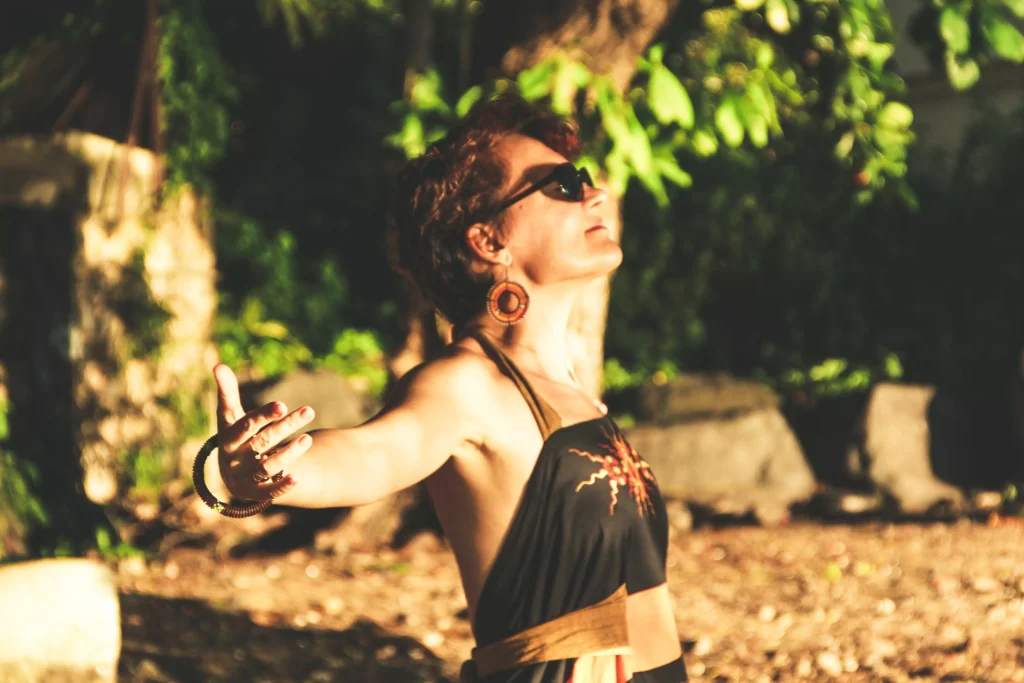
A breathing exercise is always good. Breathing becomes shallow and quick when we’re stressed or worried. Take some deep diaphragmatic breaths, often known as belly breathing, to help you relax. This is one of the easiest techniques to relax.
By altering our breathing rate and pattern, we may activate the body’s parasympathetic nerve system, resulting in a soothing reaction that lowers our heart rate, blood pressure, and muscular tension, all of which are beneficial for stress reduction.
Here’s how to get into the habit of deep breathing:
- You can either sit or lay down comfortably on a chair with your feet on the floor. Place one hand over your tummy and the other over your heart to create a triangle
- Taking slow, deep breaths through your nose until you feel your tummy rise is recommended
- Hold your breath for a total of three counts
- Slowly exhale, allowing your tummy to settle
The goal, regardless of how long you hold your breath, is to slow the rate at which your breath comes in.
Breathwork has a cumulative impact, which means that the more you perform it, the more effective it becomes. Therefore, practice it every day, even when you are not worried.
Meditation for relaxation
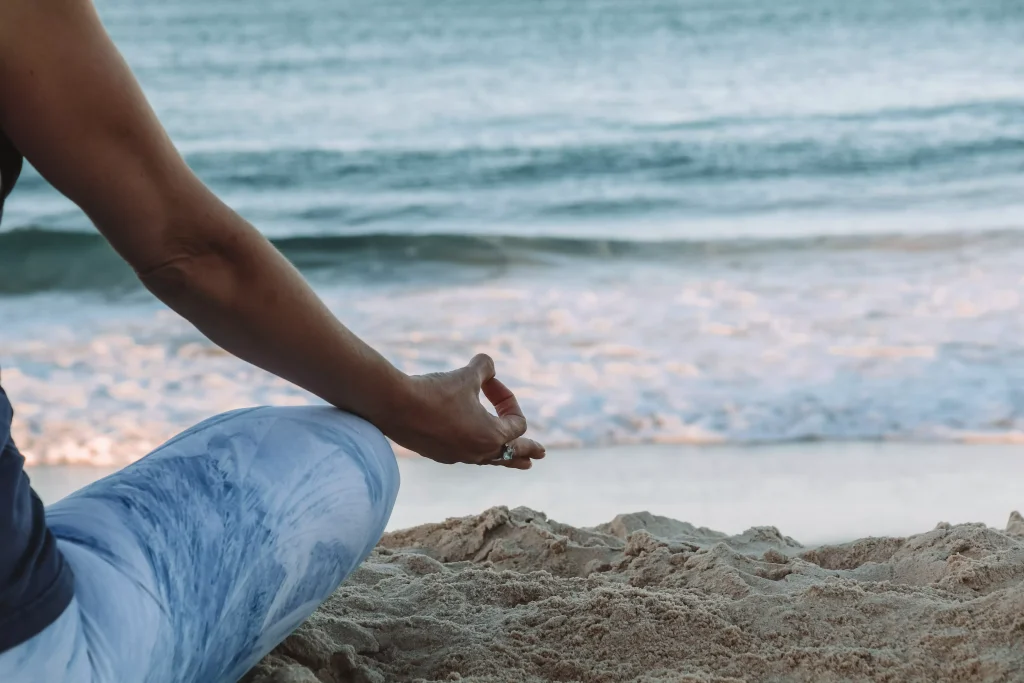
Relaxation Meditation, which often entails developing calm via the use of an object of attention such as your breath or a visualization, has been shown to be an effective aid in the management and alleviation of stress in several studies.
And we have evidence that it is effective! According to a 2018 research, those who used Headspace for only 10 days reported an 11 percent reduction in stress, and after 30 days reported a 32 percent reduction in stress.
By practicing frequently, we may better prepare our bodies to reach balance — that sweet spot between concentration and relaxation — more easily. Not all meditation techniques are intended to be used for relaxation.
Check out our article about:
Progressive muscle relaxation
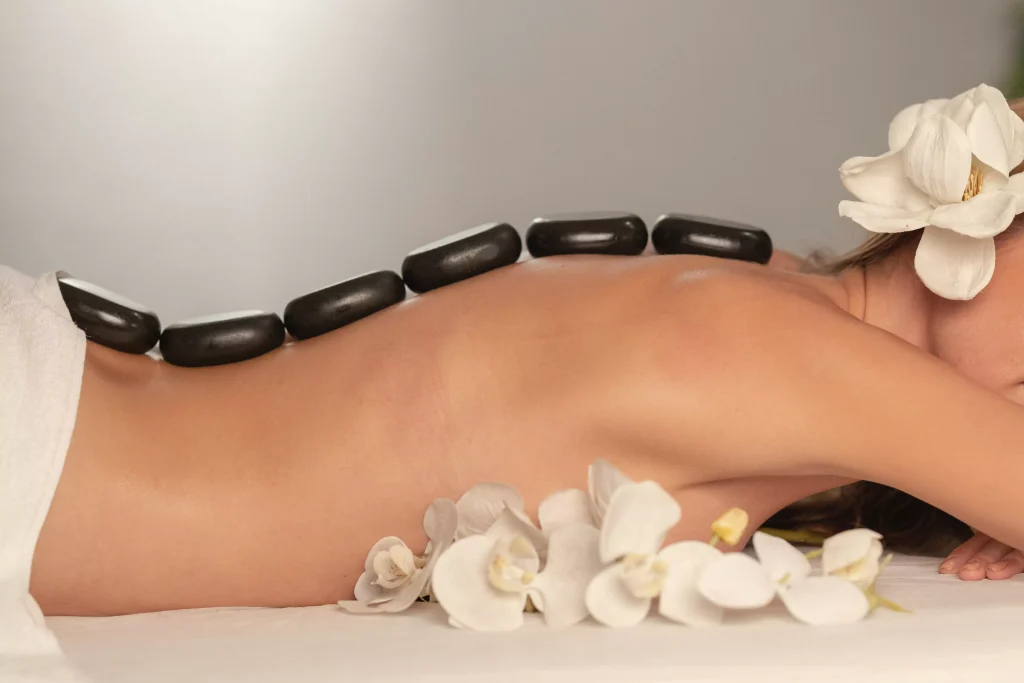
When you envision yourself comfortable — maybe on a beach chair in the warm summer sun — you’re more likely to focus on the setting than on why you’re feeling so much better in that situation. But this is a mistake.
What does your body feel like at such times? In addition, you are unlikely to have a stiff neck, clinched mouth, or tight tense shoulders that are raised over your ears, to mention a few symptoms. This is due to the fact that one of the hallmarks of relaxation is the absence of tension in the muscles of the body.
Progressive muscle relaxation is a set of exercises in which you contract your muscles as you breathe in and then relax them as you breathe out, which is a method used to relieve stress.
Our body’s anxiety reaction does not work well with deep muscle relaxation, which is why this approach may help us feel more relaxed (and is recommended if you have trouble sleeping.).
Furthermore, it can be done practically anywhere. As with everything, the more you do it, the less difficult it gets.
There is so much stress in our muscles, therefore progressive muscle relaxation is a good idea to relieve physical tension. Start practicing this and good things will happen. Also, a lot of thoughts that are positive will fill your mind.
The Takeaway
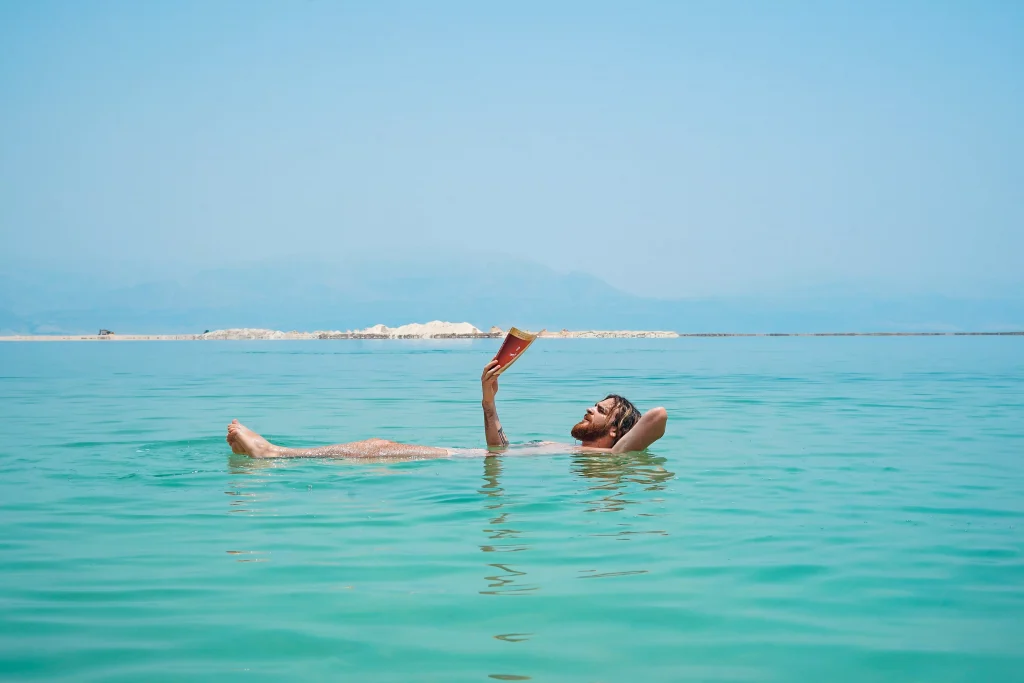
If this all is too much work for you, just close your eyes at any given moment in the day for a couple of minutes and clear your mind. Stress may be an unavoidable aspect of life, but that does not imply that you should allow it to control your actions.
You should put distressing between your work deadlines and make it an important part of your day. Learn how to relax to take control of your life and manage your stress. When you’re feeling stressed, try a simple relaxation technique, and if you sense your kid is feeling anxious, urge them to do the same thing.
Our recommendation is to avoid the use of drugs and in contrast, get a yoga mat and start doing some yoga or your other favorite activities. Even if you don’t feel particularly anxious, engaging in regular relaxation activities may be a useful preventive step for keeping stress at bay in the first place, according to the American Psychological Association.
If you find that relaxation activities are not effective in reducing your stress, you should seek the advice of a mental health specialist. A particular treatment plan that is tailored to your requirements will be recommended by them. There are everyday stresses occurring to a lot of people.
You need ways to unwind. Find the right ways for you. Make some mentioned awesome relaxing activities your regular practice. Find your calm waves and your happy place, and make them your object of focus for a quick break, where your mind feels at ease.
Read more articles in the Lifestyle Category
